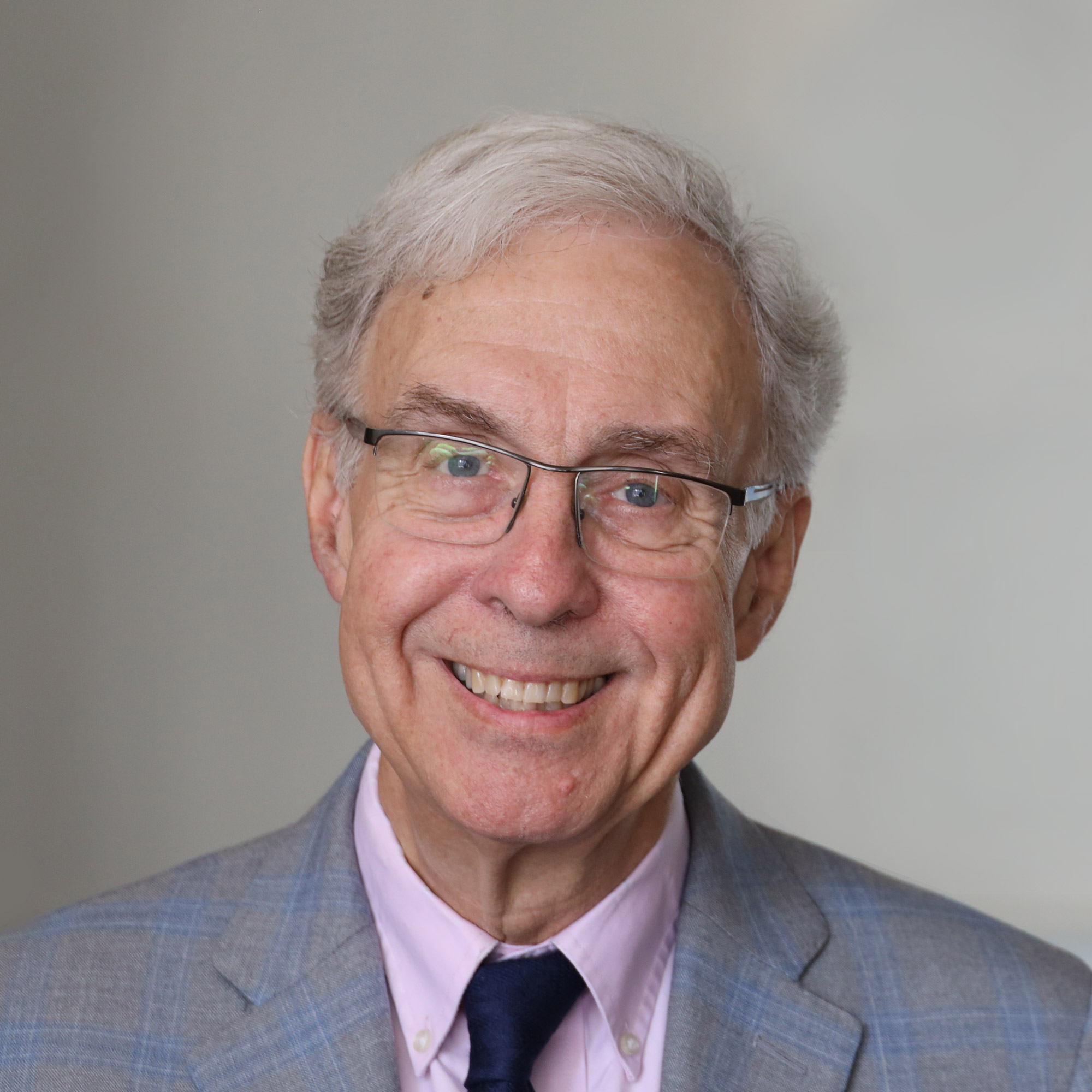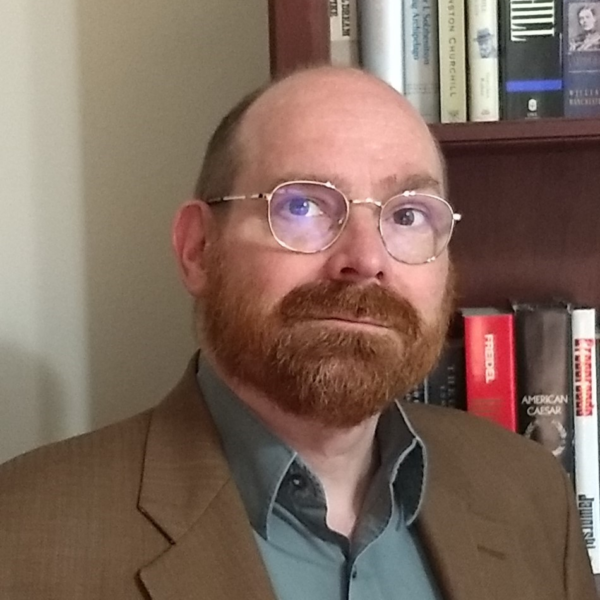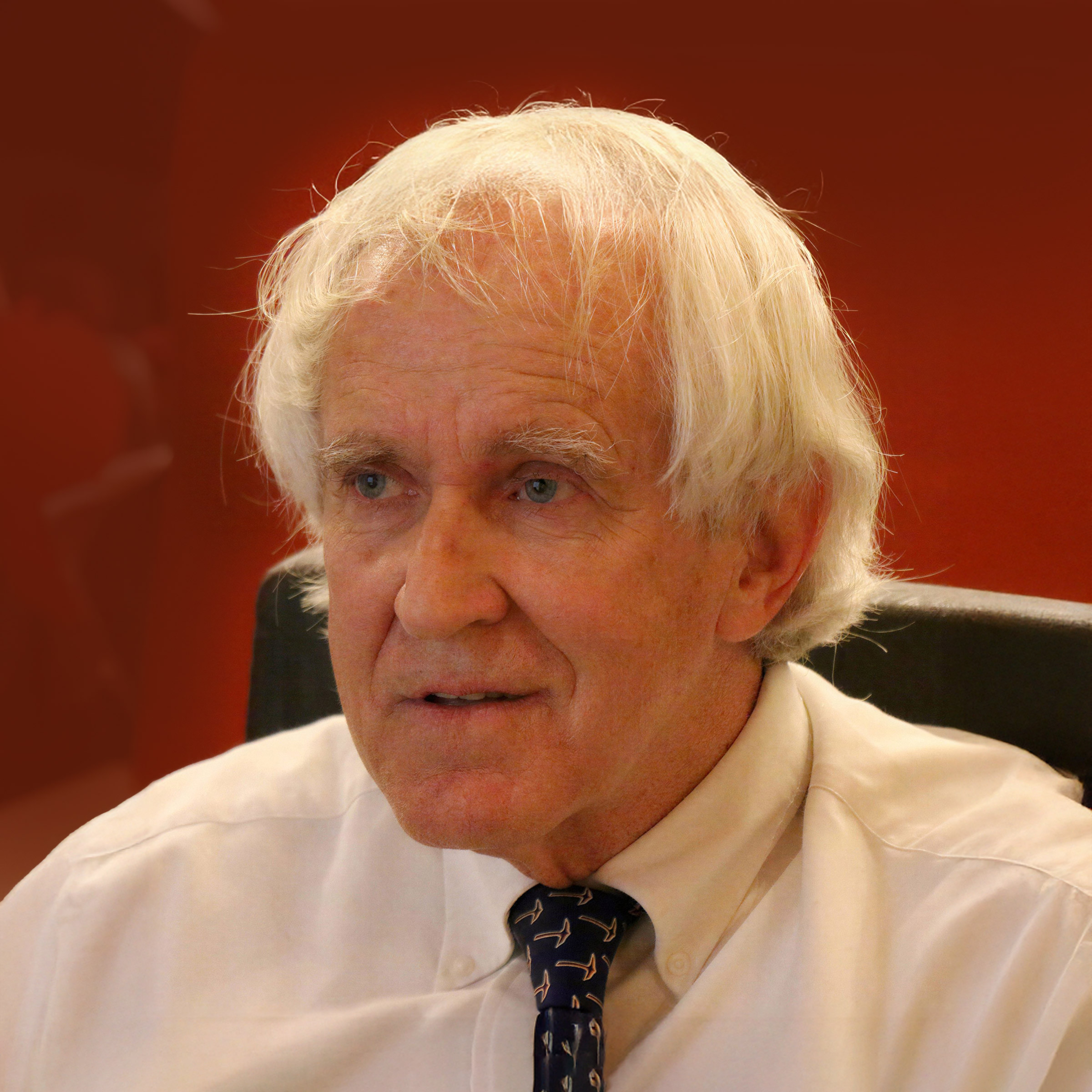There seems to be little relationship between many science writers’ current concerns and the reasons that public trust in science has been steadily declining.
Here’s an all-too-typical reason for the decline: At The Daily Wire, Leif Le Mahieu reports on the fact that a top American medical organization is doubling down on transgender treatments for troubled minors who feel they are not really their biological sex — even as the rest of the world is backing away from these often irreversible procedures:
During a video call earlier this year, American Medical Association (AMA) President Bobby Mukkamala defended his organization’s support for transgender procedures on kids by saying they relied on what “experts” had told them. Mukkamala also claimed that puberty blockers were reversible and cited other questionable statistics about transgender regret and suicide rates.
Mukkamala made the comments during a call with Michigan Rep. Brad Paquette and Dr. Eithan Haim, the doctor who exposed Texas Children’s Hospital for doing transgender procedures on kids. When pressed on the American Medical Association’s advocacy for transgender procedures on kids, Mukkamala said that the association effectively rubberstamps whatever “the experts” tell them.
“Neither one of us spent an hour working on transgender care, neither one of us,” Mukkamala told Haim in the footage obtained by Shapiro. “So we have no business discussing the science that’s brought to the American Medical Association from people that spent years in training for this, and years taking care of patients for this.”
“Leaked Footage Exposes Top Med Org’s Support For Trans Procedures On Kids: ‘I’m Not An Expert At All,’” Aug 26, 2025
Mukkamala offers a rather odd interpretation of professional responsibility here: The science-based medical organization should simply accept the word of the persons most heavily invested in promoting the procedure.
“Nullius in Verba”
If so, medical science has come down a notch or two. Britain’s Royal Society, founded in 1660 as one of the oldest science organizations on the planet, has had as its motto Nullius in verba — on the word of no one — since 1662. Essentially, it means that no expert opinion overrules independently derived facts.
And the facts here are pretty grim: The youth transgender craze is shaping up to be the biggest medical scandal since the lobotomy fad of the 1940s (severing nerve pathways in the brain as a treatment for mental illness).
This crisis in science-based medicine echoes one in cosmology that we covered here. But curiously, science writers don’t seem to notice these crises and their significance, certainly not in the way we might expect.
Does Information Overload Play a Role?
Science writer Robert Zimmerman points out that today, the internet-based explosion of news coverage means that important stories can get drowned out:
The web allows modern news outlets to report about practically every press release they get. Nothing gets thrown away. If anything, new outlets today relish reporting on the least significant science results, merely because the scientists speculate about some amazing final events that “might,” “could,” or “may” happen, if their theories are right. The press eats this junk science up, because it produces great clickbait that, while as vapid as cotton candy, sounds really cool or exciting. That these speculations have no basis in reality is irrelevant.
“Junk science now dominates the reporting of the propaganda press,” August 22, 2025
He offers many examples at Behind the Black, adding:
In every one of these cases a close read of the story, as well as the original press release that prompted it, reveals that there really is nothing there. The scientists are proposing something that “might” or “could” be true, but they haven’t actually observed such things happening. Instead, they have used computer models or concocted a theory (based on limited data) to propose a wild future event, such as giant earthquakes, new solar superstorms, new types of supernovae, a new explanation for nightmares, and so on. Our propaganda press then latches onto these proposed (but unproven) cool events like a dog grabbing a treat, to write empty stories about nothing real.
“Junk science now dominates“
But surely some signals — irreversible procedures like mastectomies on minor girls — would rise above the noise?
What Are Science Communicators’ Preoccupations?
Many science communicators seem more concerned about the fact of loss of public confidence in science than about the causes of it:
- New York University bioethicist Arthur Caplan, writing in the journal EMBO, thinks that the problem is that science has not sufficiently platformed science communicators like Carl Sagan (1934–1996), Robert Sapolsky, and Sean Carroll. Astronomer Sagan was best known for the claim that Earth is an insignificant pale blue dot in an indifferent cosmos, neurologist Sapolsky is best known for denying the existence of free will, and Carroll, as it happens, was the establishment figure who was ridiculing physicist Eric Weinstein’s work on Piers Morgan’s broadcast — a move that brought theoretical physicist Sabine Hossenfelder springing energetically to Weinstein’s defense.
Why does Caplan believe that hearing more from such figures would cause the rest of us — who instinctively sense that something is amiss with their claims — to trust science more?
- At Reason, physicist Larry Krauss senses a two-front war.
There is currently a two-pronged attack on higher education, research, and scholarship in the United States. Activists inside universities have hijacked many administrative functions, and significant reform is needed to ensure free speech, open inquiry, and the integrity of scholarship. But the Trump administration has used this fact to launch what may be a more dangerous direct attack on university scientific and research infrastructures across the nation. We can’t afford to lose either war if we are to protect the country’s scientific integrity and productivity.
“America’s Two-Front War on Science,” August 14, 2025
But it’s not a two-front war. It is a cause-and-effect relationship. The current administration’s funding cutbacks appear to follow from science faculties’ assaults on “free speech, open inquiry, and the integrity of scholarship.” Perhaps they were an inevitable outcome. The question Krauss doesn’t confront here is, why should taxpayers fund universities that have forsaken the goals of scholarship?
- At his blog, Cross-Check, science writer John Horgan mourns “The End of Holy Sh*t Science,” offering gloomy predictions.
Just as a few folk still devote themselves to poetry, so a few science enthusiasts will keep chasing theories of everything. They will agonize over why there’s something rather than nothing, how consciousness arises, what quantum mechanics means.
But increasingly, those seeking truth for its own sake will be viewed as cranks, fanatics, “losers,” to borrow Trump’s favorite put-down. As humanity slips back into the oblivion whence it came, Holy Sh*t Science will fade into obscurity, recalled, perhaps, only by historians like my pal Jim.
In The End of Science, I speculate on what the world might look like if science ends: “We will continue to muddle along as we have been, oscillating between pleasure and misery, enlightenment and befuddlement, kindness and cruelty. It won’t be heaven, but it won’t be hell, either.”
“In retrospect, that was probably too optimistic. “August 20, 2025”
Horgan, like the others, doesn’t notice a much more serious threat to science than current politics is: the calls that are coming from inside the house.









































